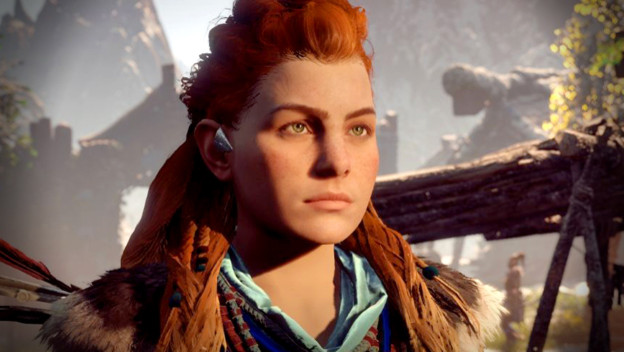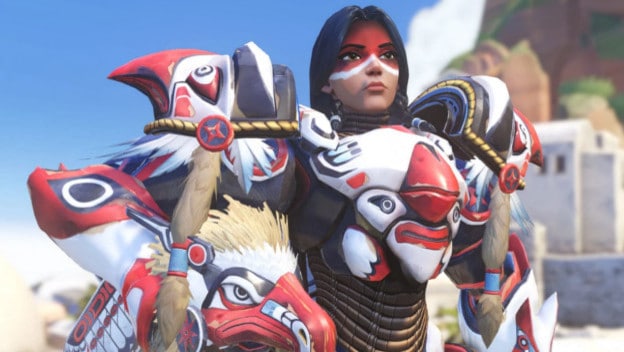The subject of cultural representation is a complicated one in the modern age. Everyone is from somewhere with its unique elements. That may mean the aboriginal cultures of Australia, the Maori from New Zealand, Scandinavian Vikings, or the Maasai people of Kenya and Tanzania. Your ancestors had a heritage that is generally much different from what you know today. Many of these go on to influence popular culture, including video games.
There are plenty of games that include generic versions of Japanese samurai or Viking warriors. Others are influenced or created in collaboration with native peoples, like Never Alone (Kisima Ingitchuna) which was created in part by Iñupiaq elders. Plenty of other video games, like Mass Effect , create entirely new cultures based on alien creatures. Still, there are more that hit closer to home. Video games can represent versions of reality or fantasy/science fiction however they choose. But sometimes those representations can cause drama.
One character in Blizzard’s popular game Overwatch is meant to be inspired by Egyptian culture. As many probably already know, her name is Pharah. Her mother Ana is also a playable character in the game, and she is also Egyptian. There has been some uncertainty as to who Pharah’s father is, and Blizzard has seemed to attempt to explain this. Two costumes for Pharah in Overwatch have been causing a hubbub for seemingly appropriating cultures for no reason. These are the Thunderbird and Raindancer skins, which are very clearly based on Native American cultures. Many cried that this was cultural appropriation and said that Blizzard should be ashamed of themselves.
Their response came much later than expected in the form of an entry in the Overwatch artbook. It is here that Pharah’s full heritage is explained. Supposedly, Pharah’s father was from a culture in the Pacific Northwest, thus her Thunderbird skin is inspired by those very people. Is this an attempt by Blizzard to cover up the drama and assuage those that felt marginalized? Or is this really what they had planned for the character all along? In previous comics featuring Pharah, it was hard to say what her father’s heritage might be, but many assumed he was also Egyptian. So it’s really hard to say without official word from a Blizzard employee as to whether or not this had been a core feature of Pharah’s history or a later addition later.
The use (and potential misuse) of real cultures in video games was brought up again recently when it came to Horizon: Zero Dawn . Many were upset by the use of certain terms within the game that used to carry negative connotations for native peoples. The narrative designer from Guerrilla Games, John Gonzales, responded at the time saying that the developer never meant to offend anyone, but that it’s impossible to please everyone.

This might seem like a cop-out response for those that were offended and felt marginalized by the use of certain terms within the game. But it is true that it is impossible to create without causing varying emotional reactions from different people. Art is meant to elicit a response, and sometimes this response can be negative. Even a painting that includes a single dot in the center might bother some. Maybe they would prefer the dot be off to the side or near a corner. Perhaps another person is offended that there’s only a single dot, why are there not others? It’s a silly example, but the point is the same. Something as simple as a single dot could bring a positive response to some and a negative from others.
The use of varying cultures in video games is bound to have the same effect. Absolutely more so here, because these are things that people treasure about themselves. We are proud of the things we’ve done in our own lives and the people who came before us. Sometimes, it can feel like a company is using your culture’s history for their own gains. It’s like if someone made a game about your very life and didn’t credit or consult you. When you’re creating art, especially the kind that you want to be realistic, it’s best to reference sources. It would seem that Blizzard did not consult with anyone on their Pharah skins, and the same can be said for Horizon: Zero Dawn . It wouldn’t take much time and would result in a better product for everyone. Would it still rattle some cages then? Probably. But at least an attempt would have been made.
How do you feel about cultural representation in video games? Do you consider them to be works of fiction, so it doesn’t matter where the inspiration comes from? Or do you think any representation of culture should be approved by the source? Would love to hear your thoughts (whatever they may be) below.
